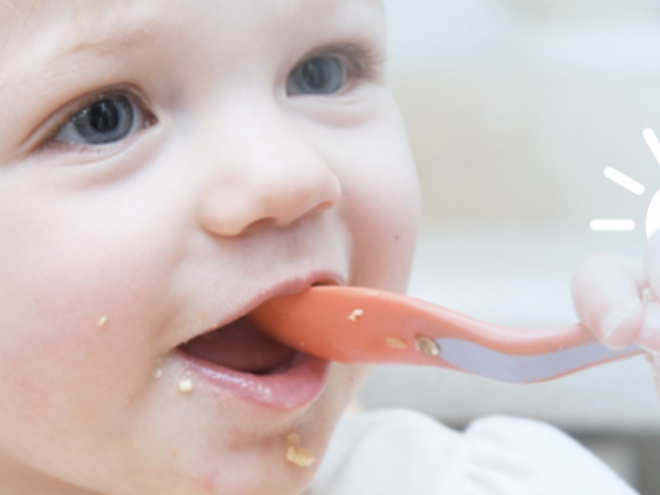
For information about your baby’s nutrition and health from 0 – 6 months please contact your healthcare professional
For information about your baby’s nutrition and health from 0 – 6 months please contact your healthcare professional
-
.
Related articles
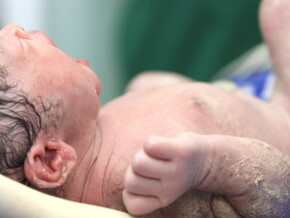
The Apgar score
Apgar:
A system of evaluating a newborn’s physical condition by assigning a score (0,1, 2) to each of the following criteria:
5 mins to read
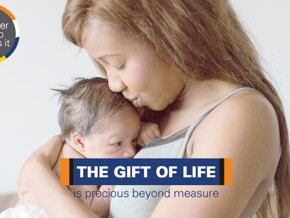
Breastfeeding Videos
A Breastfeeding experience which is enjoyable and beneficial to both mom and baby depends on a relaxed, well-nourished mother who approaches this experience positively and with confidence.&nb
5 mins to read

Foundation of life
Breastmilk is uniquely designed for each individual baby!
5 mins to read
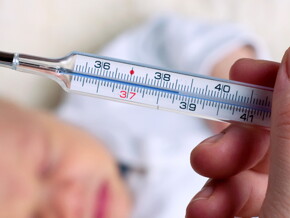
Possible problems
If you are ever concerned about your baby’s health, behaviour or development, consult your doctor or clinic sister. It is better to be safe than sorry.
5 mins to read

Hospital stay and going home
The average stay in hospital is about three days, if there are no complications. Use the time to rest and gather as much information as possible.
1 min to read
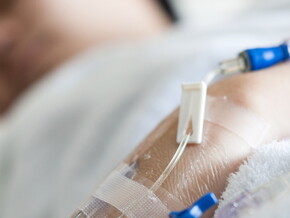
Your body
After the birth your body undergoes rapid physical and hormonal changes.
4 mins to read
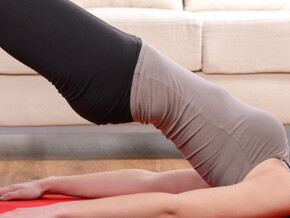
Postnatal exercise progressions
Check your basic progressive exercise programme with your caregiver.
5 mins to read
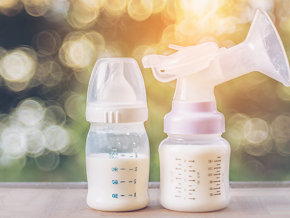
Baby bottle feeding equipment
you have decided to bottle feed your baby
1 min to read
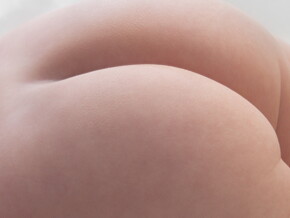
Rashes
A young baby’s skin passes through many phases, from clear to spotty (rash), to peach-like. This may be due to the transition from a protected environment in the womb to the outside world.
5 mins to read
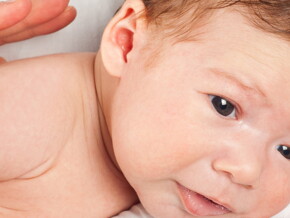

Baby Thrush
Thrush is a fungal infection and can be found in your baby’s mouth, nappy area or under the chin. The fungus lives on the skin and usually causes no harm, but when conditions are favourable,&n
2 mins to read

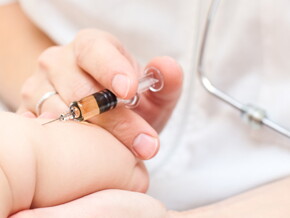
Immunisation
The aim of immunisation is to prevent disease. It protects the community as well as individuals.
5 mins to read
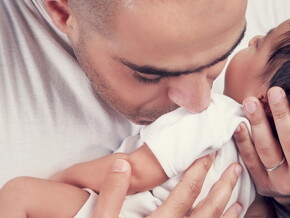
Don’t forget your support system
An action plan for your family and friends.
5 mins to read

At Five Months
He starts to roll over from his tummy onto his back.
5 mins to read
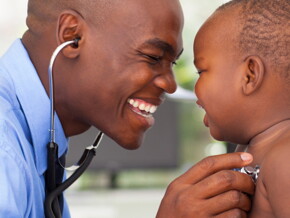
Clinics and postnatal support
Clinics and primary health services are freely available in most countries in Southern Africa. Locate your closest clinic and the telephone number from your local authority or hospital.
5 mins to read

Getting baby to Sleep & fighting fatigue
Getting enough sleep during the first months of your baby’s life means adjusting to your own new sleep habits and those of your baby.
5 mins to read
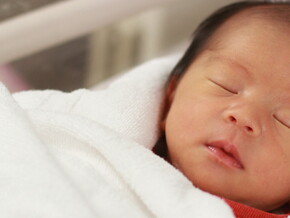
Sleeping
Babies all have individual temperaments, which will affect their sleep patterns. Some are sleepy and others more alert and wakeful.
5 mins to read
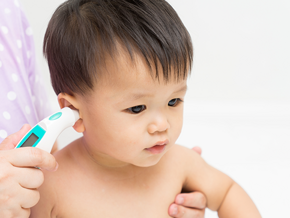
Returning to Work From Maternity Leave
Taking care of a newborn baby is a full time job which requires dedication from you and your family.
4 mins to read